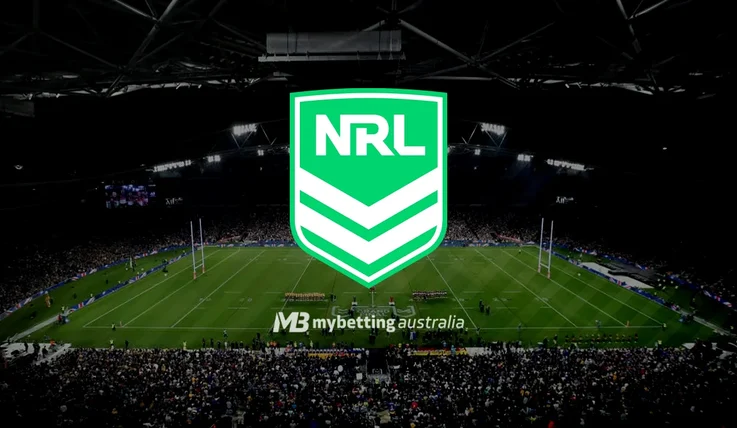News
NRL Round 10 Recap: Broncos and Knights Shine Despite Major Absentees
 By: Bren Gray
By: Bren GrayWe revisit NRL round 10, including the Broncos’ win without Adam Reynolds, some nasty injuries, and the Knights’ newfound defensive resilience.
13/05/2024
NRLRichmond are in the mire in AFL 2024
 By: Sam Hayes
By: Sam HayesFollowing a poor start to the season, Richmond are seeking inspiration for the remainder of the campaign.
13/05/2024
AFL News, Predictions & TipsCan Collingwood win back-to-back AFL’s?
 By: Sam Hayes
By: Sam HayesDefending AFL champions Collingwood are starting to assert their dominance on the competition once again in 2024.
13/05/2024
AFL News, Predictions & TipsPride of Jenni continues world quest
 By: Sam Hayes
By: Sam HayesPride of Jenni continues to fly the flag for Australian within the global world of horse racing.
12/05/2024
Horse Racing TipsBenedetta picks up a superb win in the Goodwood
 By: Sam Hayes
By: Sam HayesWinning a Group 1 race remains a huge coup and Benedetta broke her duck for Jason Warren.
12/05/2024
Horse Racing TipsAston Villa remain in control of the top 4 race
 By: Sam Hayes
By: Sam HayesWill Aston Villa be playing Champions League football next season?
10/05/2024
EPL News, Predictions & TipsCan Julen Lopetegui keep the West Ham fans happy?
 By: Sam Hayes
By: Sam HayesWest Ham are hoping to mix it with the EPL big boys in 2024/25.
10/05/2024
EPL News, Predictions & TipsInjury Ridden Sea Eagles Succumb to Narrow Defeat at Hands of Dolphins
 By: Bren Gray
By: Bren GrayThe Sea Eagles delivered a spirited performance against the Redcliffe Dolphins, but their injury hit squad couldn't quite get across the line on Thursday.
10/05/2024
NRLKyren Wilson beat Jak Jones in the final
 By: Sam Hayes
By: Sam HayesFollowing a tough couple of seasons, Kyren Wilson finally managed to lift the World Snooker Championship.
08/05/2024
NewsNRL Round 9 Recap: Panthers and Roosters Stand Out in Low Scoring Week
 By: Bren Gray
By: Bren GrayWe break down the biggest moments of NRL week nine, including Whitehead's captain's knock and the Broncos' surprise thrashing.
07/05/2024
NRL









